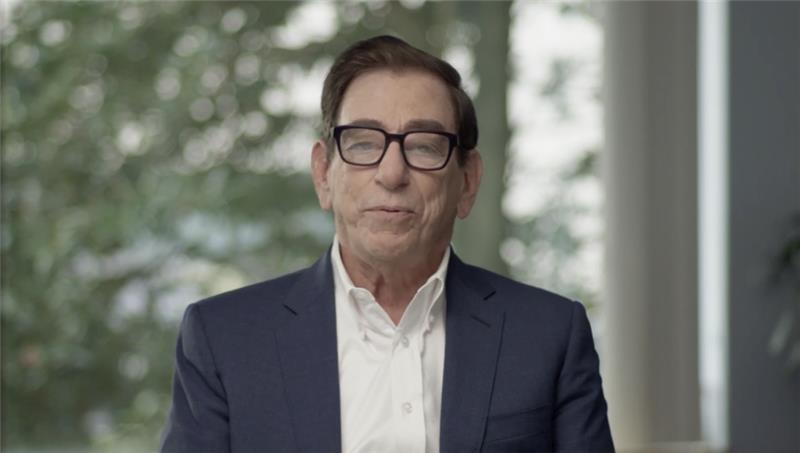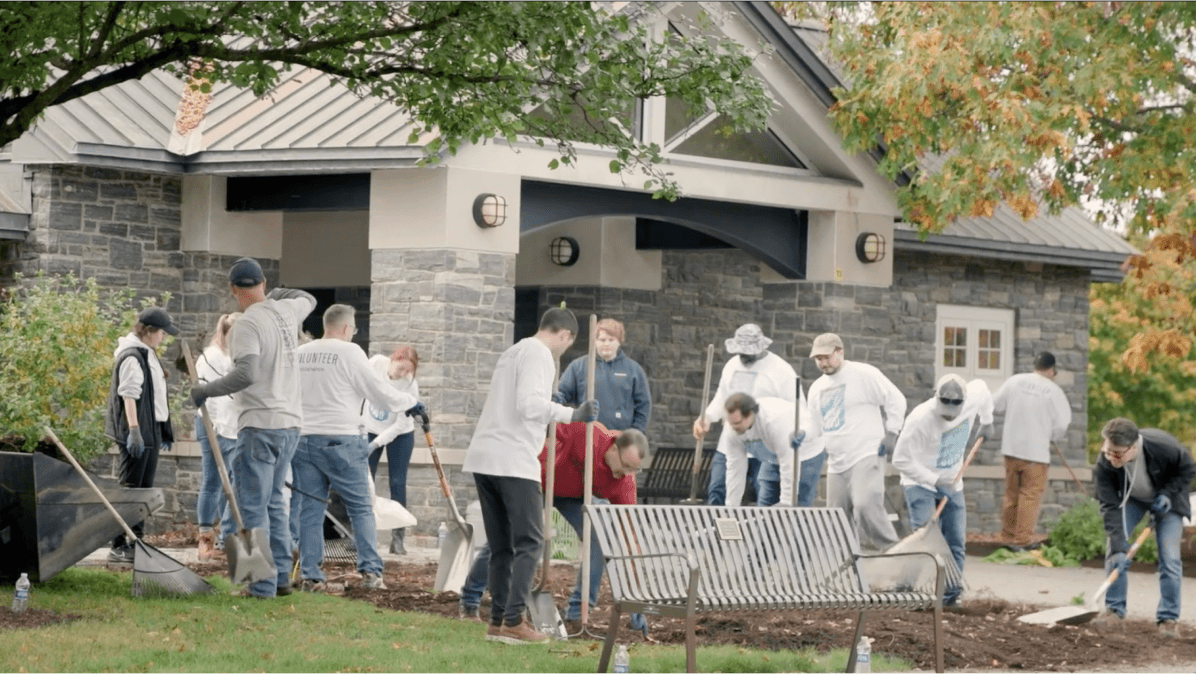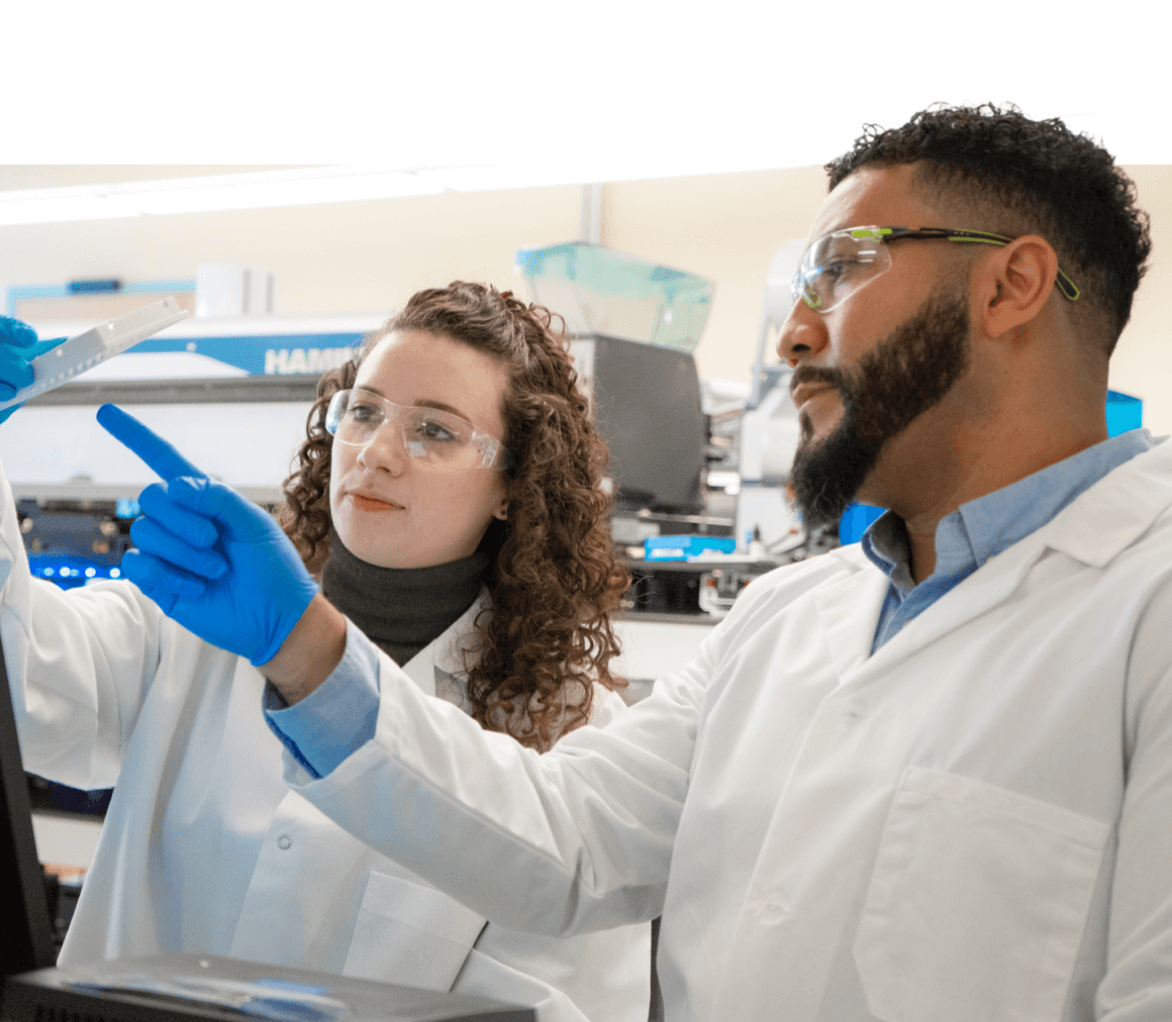Press releases for investors and media
We aim to push the bounds of science to make
LIFE-CHANGING MEDICINES


We're guided by our philosophy of
doing well by doing good
We’re dedicated to responsible business practices, integrating the highest standards of integrity into every facet of our operations. Our responsibility strategy addresses the issues that matter most to our business and our stakeholders — because we understand that our actions have a profound impact on the world around us.

Join the brightest, most passionate innovators in science. Find your next opportunity by applying for jobs and internships at Regeneron today.

Our journey of discovery continues as we strive to transform the lives of people with serious diseases. Discover more about our clinical trials or locate a relevant trial near you.